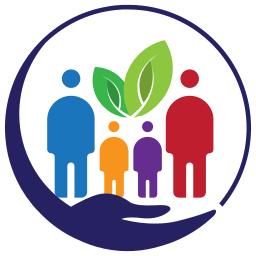Compare TFSA vs RRSP vs FHSA
Wondering if a TFSA, RRSP or FHSA may be right for you? Discover how each of these accounts can help you reach your goals—and remember, you don’t have to pick just one!

Need Investment related answers now?
Call +1 438 701 3770 to speak to our advisors right away, or book some time with them.
+1 855 410 9006 (Toll-Free for Outside Canada)
